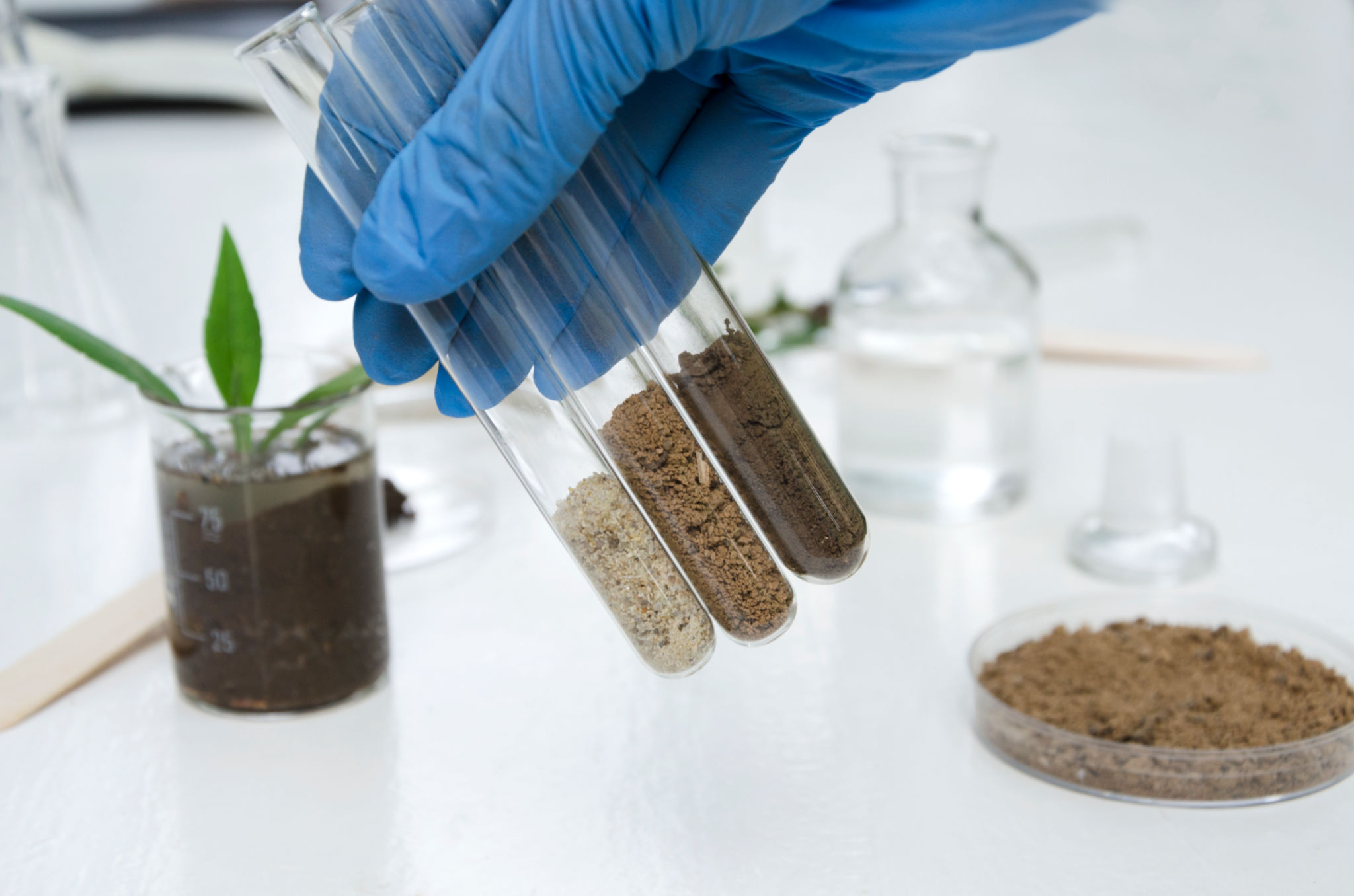Common Misconceptions About Soil Cleaning and Why They Matter
Understanding Soil Cleaning
Soil cleaning, a crucial process in environmental management, is often misunderstood. This lack of understanding can impede efforts to properly remediate contaminated land. By addressing these misconceptions, we can better appreciate the importance of soil cleaning and its impact on the environment.

Misconception 1: Soil Cleaning Is Unnecessary
One common misconception is that soil cleaning is unnecessary because nature will take care of itself. While it's true that natural processes can degrade some contaminants over time, this is not always the case. Certain pollutants, like heavy metals and persistent organic pollutants, do not easily break down and can remain in the soil for decades, posing long-term risks to human health and ecosystems.
Misconception 2: All Contaminants Are Visible
Another widespread belief is that contaminated soil can be easily identified by sight. In reality, many pollutants are invisible to the naked eye. Substances such as pesticides and industrial chemicals can be present in soil without any noticeable changes to its color or texture. This makes regular soil testing essential for detecting unseen contaminants.

Misconception 3: Soil Cleaning Is Harmful to the Environment
Some people assume that soil cleaning methods are inherently damaging to the environment. However, modern soil remediation techniques are designed to minimize ecological disruption. Techniques such as bioremediation and phytoremediation use natural processes to break down or absorb contaminants, offering environmentally friendly solutions.
The Importance of Soil Cleaning
Understanding why soil cleaning matters is vital for addressing these misconceptions. Clean soil is essential for healthy ecosystems, agriculture, and human health. Contaminated soil can lead to polluted water supplies, reduced crop yields, and adverse health effects in humans and animals.

Impact on Agriculture
Clean soil is crucial for agriculture as it ensures the production of safe and nutritious food. Contaminants can be absorbed by crops, entering the food chain and posing risks to consumers. Effective soil cleaning helps maintain soil fertility and safeguard food quality.
Protecting Human Health
The presence of toxic substances in the soil can directly affect human health through direct contact or by leaching into water supplies. Soil cleaning reduces these risks by removing or neutralizing harmful contaminants, contributing to safer living environments.

Conclusion
Addressing common misconceptions about soil cleaning highlights the importance of this environmental practice. By recognizing that soil cleaning is necessary, often invisible, and environmentally friendly, we can better support efforts to clean contaminated sites and protect our planet's future.